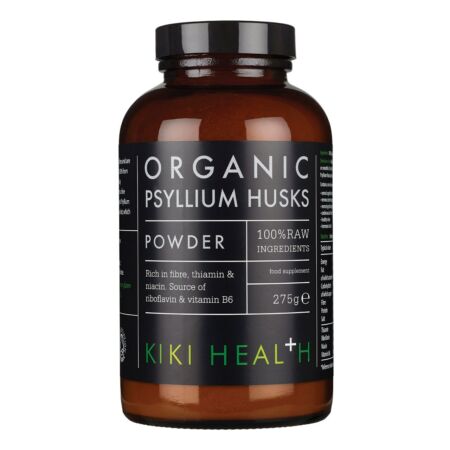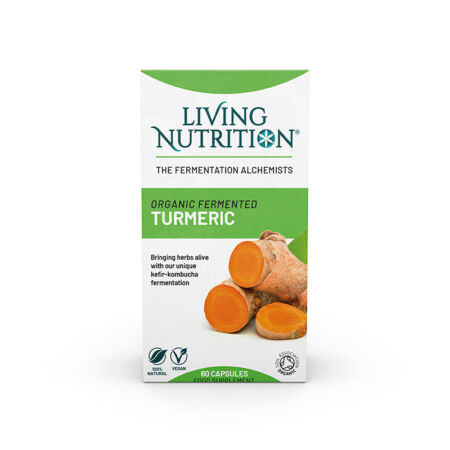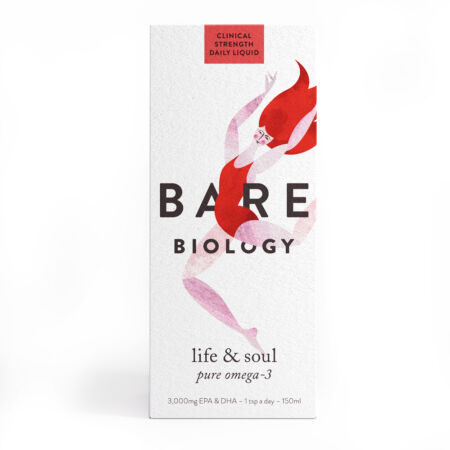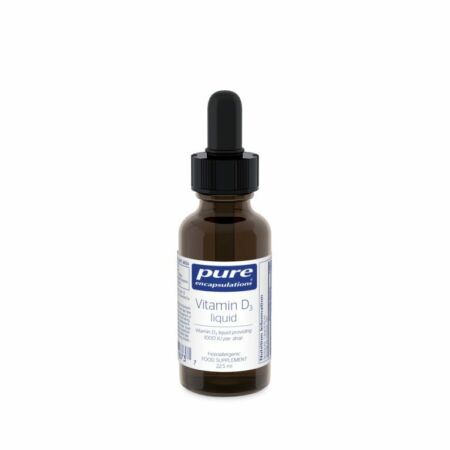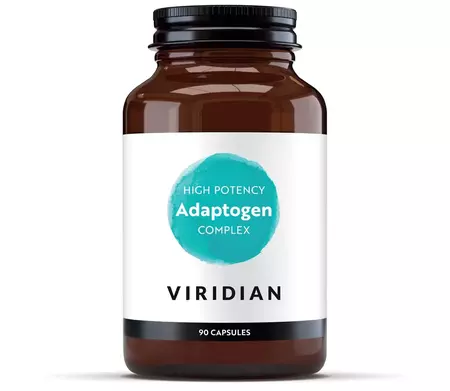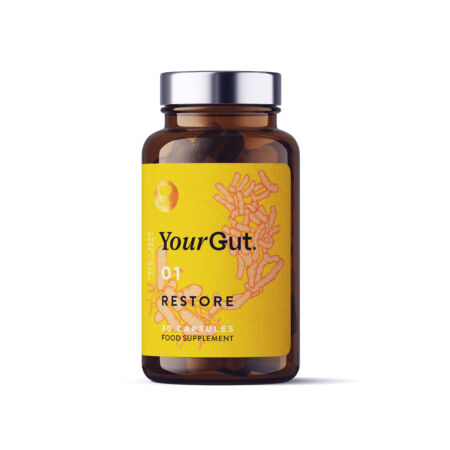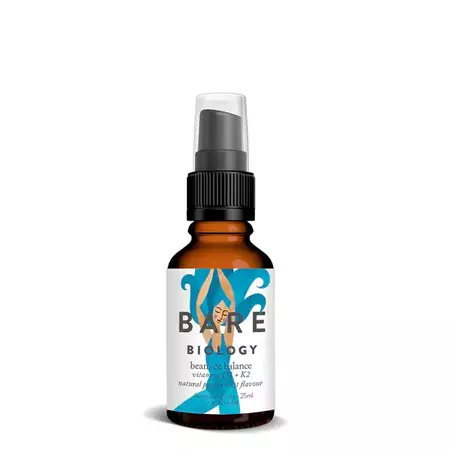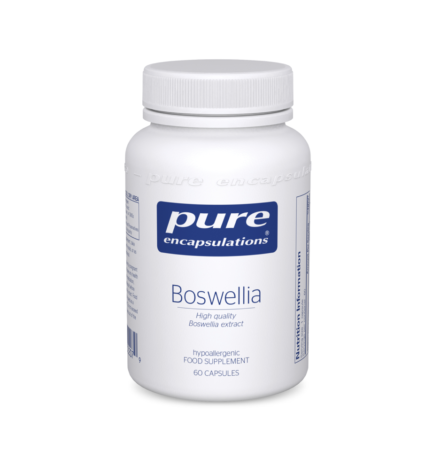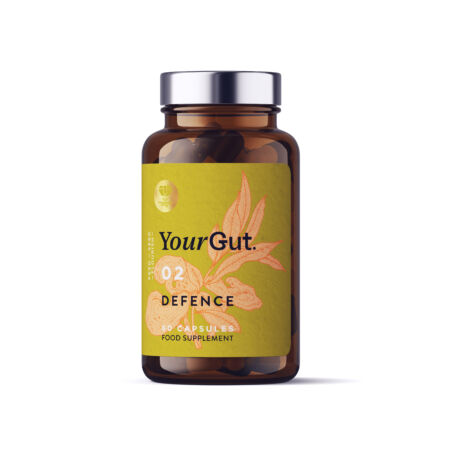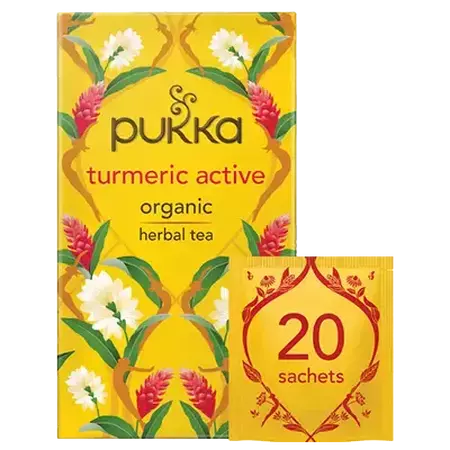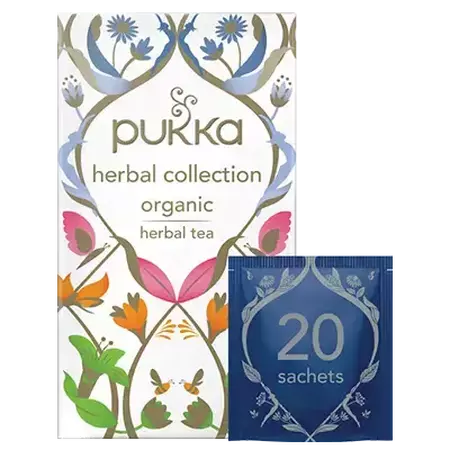Nutritional therapy can help greatly inflammatory bowel disease (IBD). Achieving the best results involves paying close attention to what you eat. Eating certain foods can help ease your symptoms, while other foods may make symptoms worse.
What is colitis and what can be done about it from a holistic health perspective?
Supplements and certain formulas can improve symptoms also by reducing inflammation
Colitis and ulcerative colitis
What is the difference between colitis and ulcerative colitis? Colitis means your colon is inflamed or irritated. There can be many causes, such as infections from viruses or bacteria. Ulcerative colitis is more severe because it is not caused by an infection and is lifelong[1].
If you have colitis, you may feel discomfort and pain in your abdomen. This discomfort may be mild and reoccur over a long period of time, or severe and appear suddenly[2].
What are the different types of colitis?
Ulcerative colitis (UC): is one of two conditions classified as inflammatory bowel disease. UC causes bleeding ulcers within the inner lining of your large intestine. UC is the most commonly diagnosed type of colitis. It occurs when the immune system overreacts to bacteria and other substances in the digestive tract, but the exact cause is still unknown[3].
Symptoms of colitis include:
Frequent diarrhoea
Urgent bowel movements
Rectal bleeding
Fatigue
Pseudomembranous colitis: Pseudomembranous colitis (PC) occurs from the overgrowth of the bacterium Clostridium difficile, due to an imbalance in healthy gut bacteria which usually offer protection. This may occur due to certain medications, especially antibiotics, that may destroy healthy bacteria.
Ischaemic colitis occurs when blood flow to the colon is suddenly cut off or restricted.
Who is most at risk for colitis?
Those between the ages of 15 and 30 (most common) or 60 and 80
Those who have a family member with UC
Those who are taking long-term antibiotics
Those who are hospitalised
Those who are receiving chemotherapy
Those who are taking immunosuppressant drugs
Dietary advice for colitis
Firstly, from a practical standpoint, it may be helpful to get into habit its such as buying ingredients in bulk, cooking in batches and keeping a food journal, which may be especially helpful if you’re implementing a new diet.
Foods to eat | Foods that may trigger symptoms |
low fibre fruits like bananas, honeydew melon, and cooked fruits | fruits with seeds and skins |
cooked, non-cruciferous vegetables like asparagus, potatoes, and cucumbers | dairy products |
refined grains like white pasta, white rice, oatmeal, bread | spicy foods |
lean protein sources like chicken, lean pork, eggs, and tofu | caffeine |
omega-3 fatty acids, including fish like salmon mackerel herring and sardines | nuts |
good quality nut butter | alcohol |
| carbonated beverages like soda and seltzer water |
| raw vegetables |
| fatty, fried, or greasy food |
| excess sugar or nonabsorbable sugar |
It is possible to prolong remission periods by maintaining a diverse and nutrient-rich diet that does not include trigger foods.
It’s important to consult with your doctor or dietician/ nutritional therapist before making any changes to your diet. Some suggestions for foods to eat whilst in remission include[i]:
- Fibre-rich foods like oats, beans, and nuts
- Healthy fats, including olive oil and nut and seed butter
- Protein, including lean meats, fish, and eggs
- Whole fruits and vegetables
- Whole wheat bread, pastas, and brown rice
What are popular diets for colitis?
Various diets have been suggested for ulcerative colitis. Again, it’s important to consult with your doctor or dietician/ nutritional therapist before making any changes to your diet.
Low fibre diet:
The concept of the low fibre diet is to exclude foods your body can’t digest well that end up in your stool. Examples of food suggestions for a low fibre diet include:
- milk, butter cottage cheese or yoghurt
- soft and tender cooked meats, such as poultry, eggs, pork, and fish
- smooth peanut and nut butter
- fruit juices with no pulp
- raw and ripe bananas, melon, cantaloupe, watermelon, plums, peaches, and apricots
- raw lettuce, cucumbers, courgette and onion
- cooked spinach, pumpkin, seedless yellow squash, carrots, eggplant, potatoes, and green beans
Examples of foods to limit on low fibre diet include:
- processed meats
- dried fruits
- berries, figs, prunes, and prune juice
- raw vegetables not mentioned in the list above
- spicy sauces, dressings, pickles
- nuts, seeds, and popcorn
- foods and beverages that contain caffeine, cocoa, and alcohol
Diets and colitis
Paleo diet: The concept of the Paleo Diet is that our bodies weren’t designed to eat a modern grain-based diet and that we’d benefit if we ate more like our hunter-gatherer ancestors. This diet is high in lean meat. Fibre in the diet comes from fruits, roots, legumes, and nuts, rather than from grains. On the Paleo Diet you should avoid: potatoes, legumes, cereal grains, dairy, soda, refined sugar.
Specific carbohydrate diet: this diet was originally developed to treat celiac disease, but it has since been used for other UC. The idea behind it is that the intestines don’t digest or use certain grains and sugars very well. Limit/ avoid: potatoes, legumes, processed meats, grains, soy, milk, table sugar, chocolate, corn syrup, margarine.
Low FODMAP diet: FODMAP is an acronym for fermentable, oligo-, di-, monosaccharides, and polyols. While this may sound complicated, it’s simply a diet that cuts back on sugars that may not be absorbed well by your GI tract. It bears many similarities to the specific carbohydrate diet. Examples of foods to avoid include: apples, apricots, cherries, pears, and watermelon, Brussels sprouts, cabbage, legumes, onions, artichokes, garlic, and leeks, wheat and rye, milk, yogurt, soft cheese, and ice cream, sweeteners, high fructose corn syrup
Gluten-free diet: Gluten-free diets exclude grains and cereals containing gluten. Please read about the gluten-free diet here
Mediterranean diet: this diet has been shown to reduce inflammation in general, therefore may be useful for ulcerative colitis. Its effectiveness has been compared to the specific carbohydrate diet[ii]. The Mediterranean diet includes a lot of nutritious foods like fish, fruits and vegetables, and olive oil. Red meat is included only in small amounts.
Supplement suggestions for colitis
Probiotics:
Probiotics introduce healthy gut bacteria to restore and maintain a natural microbial flora in the gut. This may reduce harmful inflammatory responses and maintain remission. Try Restore
Ginseng:
Ginseng may be effective in the treatment of UC by reducing inflammation and protecting against cellular damage. Adaptogen Complex
Psyllium seed/husk:
Psyllium seed/husk enhances gut motility, alleviates the symptoms of constipation, and improves the elimination of waste. Organic Psyllium Husks
Boswellia:
Boswellia plants may help reduce inflammation, which could be helpful for those with UC. Boswellia Resin
Bromelain:
Bromelain, an enzyme found in pineapples, isproteolytic, which means that it helps break down proteins. This can enhance intestinal cell function, which may help reduce UC symptoms.Bromelain (500mg)
Turmeric:
Turmeric, the Indian spice used in curry, may help people with UC.
Specifically, the curcumin found in turmeric is an antioxidant and appears to decrease inflammation while improving the effectiveness of traditional medical therapy.
Vitamin D and Omega 3:
Vitamin D is a fat-soluble vitamin that plays a crucial role in various bodily functions, including immune system regulation. It has been studied for its potential effects on colitis, which is inflammation of the colon. Research suggests that vitamin D deficiency may be associated with an increased risk of developing colitis and other inflammatory bowel diseases [4]. Similarly, omega-3 fatty acids, particularly eicosapentaenoic acid (EPA) and docosahexaenoic acid (DHA), have been studied for their potential benefits in colitis and other inflammatory bowel diseases (IBD). Omega-3 fatty acids are known for their anti-inflammatory properties and may help reduce inflammation in the colon [5]. Liquid Vitamin D3 (1000IU per drop)/ Rise & Shine Omega 3 + Vitamin D
Colitis - In Summary:
UC is a long-term, chronic disease that can cause inflammation in your bowel as well as digestion issues. Many individuals with UC find that modified diets help ease their symptoms and can sometimes bring on periods of remission.



